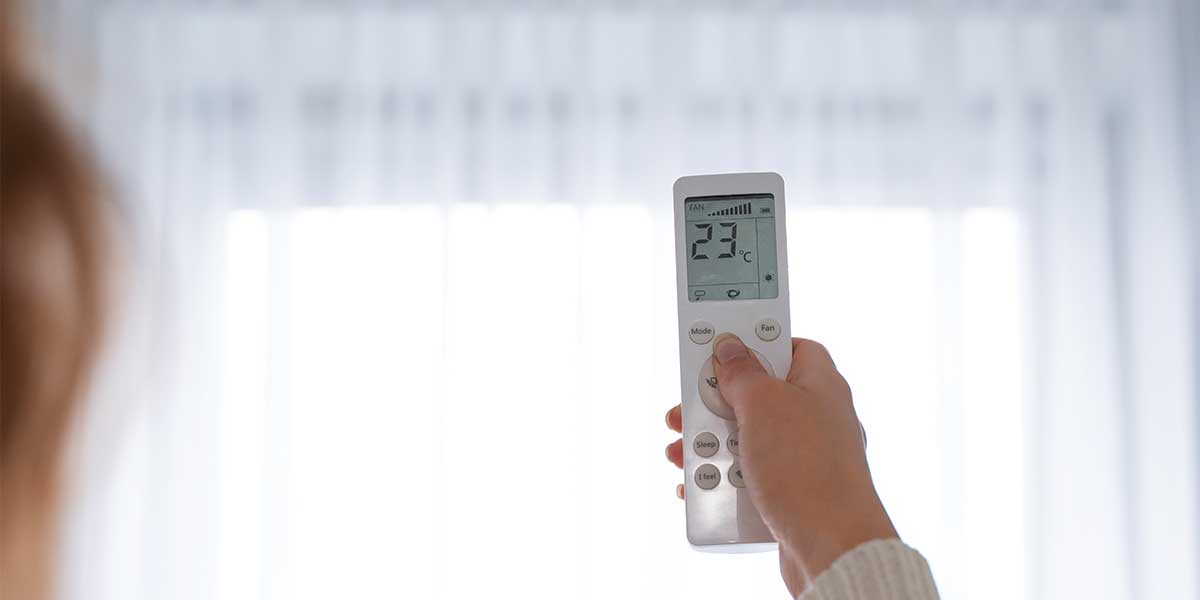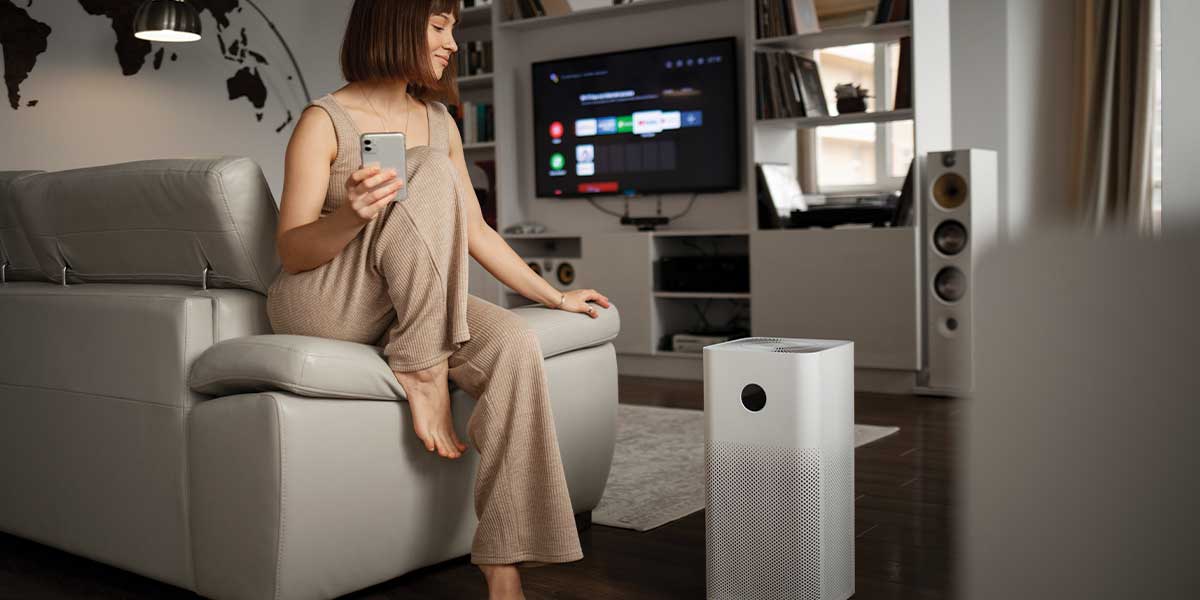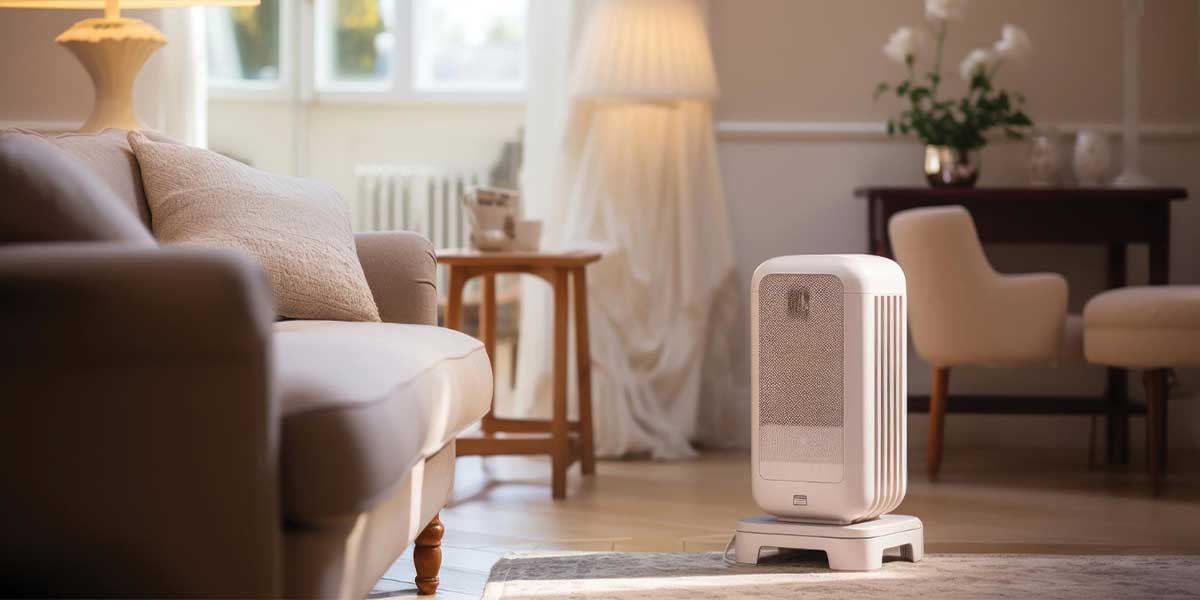The connection between weather and energy usage is something every homeowner and business owner feels in their wallet. When temperatures spike or drop, your energy consumption follows suit. Whether it’s blasting the AC on a hot summer day or cranking the heater during a freezing winter night, weather directly influences how much energy you use and how much you pay for it.
At Expert Electric, we’ve seen firsthand how external conditions affect everything from residential bills to commercial energy demands. Understanding this relationship is key to controlling costs and making your home or business more energy-efficient year-round.
In this guide, we’ll break down the link between weather and energy usage, explore how different conditions affect your power consumption, and share practical strategies to keep your bills under control, without sacrificing comfort.
How Does Weather Affect Energy Usage?
Weather is one of the largest external drivers of energy demand. Changes in temperature, humidity, and seasonal conditions can all cause shifts in how households and businesses use electricity. Here’s how weather and energy usage are most commonly linked:
- Temperature fluctuations – Hot summers increase cooling needs, while cold winters increase heating demand.
- Humidity levels – Damp or muggy conditions make air conditioning work harder.
- Storm activity – Severe storms can disrupt grids and create spikes in demand during outages.
- Daylight hours – Shorter days in winter lead to more lighting use.
Let’s take a closer look at specific weather scenarios and their impact on energy usage.

Extreme Heat: Summer’s Hidden Power Drain
Few things drive up energy usage faster than sweltering summer heat. Air conditioning and cooling fans become lifelines for comfort, but they’re also responsible for significant spikes in demand.
When heatwaves hit, AC systems often run continuously. This not only strains your energy bill but also stresses the grid, sometimes leading to rolling blackouts in heavily populated areas.
Smart Tips for Reducing Energy in Extreme Heat:
-
Set thermostats wisely – Adjust to 25°C when home and higher when away. Every degree matters.
-
Use the “auto” fan setting – This ensures the fan runs only when cooling is active.
-
Close blinds and curtains – Blocking direct sunlight reduces indoor heat.
-
Consider ceiling fans – They circulate cool air efficiently at a fraction of the energy cost.
By balancing comfort with smart energy practices, you can reduce your summer bills without feeling like you’re living in a sauna.
Freezing Cold: The High Cost of Winter Warmth
On the flip side, winter’s biting cold makes heating a necessity. Space heaters, electric baseboards, and central heating systems all work overtime to keep indoor spaces livable.
Unfortunately, heating systems are among the most energy-intensive appliances. Left unchecked, they can double or even triple your monthly power bills.
Smart Tips for Reducing Energy in Freezing Cold:
-
Improve insulation – Well-insulated walls and attics keep warm air inside where it belongs.
-
Seal drafts – Weatherstripping around windows and doors prevents heat loss.
-
Zone heating – Heat only the rooms you use most often.
-
Layer up indoors – Sometimes, a warm sweater saves more energy than a heater.
Understanding the winter link between weather and energy usage helps homeowners strike a balance between warmth and efficiency.
Excessive Humidity: The Hidden Factor in Comfort
Humidity doesn’t just make a hot day feel hotter, it also increases the demand for cooling systems. High humidity makes the air feel heavy, forcing air conditioners to run harder to achieve the same level of comfort.
Smart Tips for Reducing Energy in Humidity:
-
Run ceiling fans – They create a wind-chill effect that makes the air feel cooler.
-
Use dehumidifiers – Removing excess moisture makes rooms feel more comfortable without dropping the temperature drastically.
-
Ventilate strategically – Use exhaust fans in kitchens and bathrooms to reduce moisture buildup.
By addressing humidity directly, you reduce reliance on energy-hungry air conditioners, cutting costs and improving indoor comfort.
Storms and Power Surges: Weather’s Unpredictable Side
Severe weather like thunderstorms, windstorms, and heavy snowfalls not only increase energy demand but can also damage electrical infrastructure. Power outages or surges often lead to the widespread use of backup generators, portable heaters, and emergency lighting, all of which add to overall energy usage.
Protecting Your Home During Storms:
-
Invest in surge protectors – Safeguard appliances from sudden power spikes.
-
Use energy-efficient backup generators – Modern generators are more eco-friendly and cost-effective.
-
Schedule regular electrical inspections – Ensure your system can handle storm-related demand increases.
Preparedness is key to minimizing the negative effects of storms on energy usage.
Seasonal Daylight Shifts and Lighting
Another subtle but significant impact of weather is daylight availability. In winter, shorter days mean lights stay on longer in homes, schools, and offices. In contrast, summer evenings provide natural light, reducing electricity use for lighting.
Energy-Saving Lighting Tips:
-
Switch to LED bulbs – They use up to 90% less energy than incandescent.
-
Install dimmer switches – Control brightness to reduce unnecessary usage.
-
Utilize motion sensors – Lights turn off automatically when not in use.
Small changes in lighting habits can dramatically improve the balance between weather and energy usage.

The Financial and Environmental Impact of Weather and Energy Usage
The more energy we consume, the higher the demand on utility providers and power grids. This not only raises costs but also increases carbon emissions. By making conscious adjustments in response to weather, homeowners and businesses can reduce both expenses and environmental impact.
Benefits of Smarter Energy Use:
-
Lower bills – Reducing unnecessary energy use saves money month after month.
-
Reduced carbon footprint – Consuming less electricity lessens reliance on fossil fuels.
-
Increased equipment lifespan – Appliances and HVAC systems last longer when not overworked.
The connection between weather and energy usage isn’t just about personal comfort, it’s about community resilience and sustainability.
FAQs About Weather and Energy Usage
Q1: Why does my energy bill spike during summer heatwaves?
Because air conditioners run longer and harder during extreme heat, your electricity demand surges, leading to higher bills.
Q2: Is heating or cooling more energy-intensive?
Generally, heating consumes more energy than cooling, especially in colder climates where homes require constant warmth.
Q3: How does humidity affect energy usage?
High humidity makes the air feel hotter, leading to heavier reliance on air conditioning, which increases power consumption.
Q4: Can better insulation really lower my bills?
Yes. Insulation prevents heat loss in winter and heat gain in summer, reducing the need for constant heating and cooling.
Q5: What’s the best long-term strategy to manage weather and energy usage?
Investing in energy-efficient systems, improving insulation, and practicing smart thermostat control are the most effective strategies.
Final Thought: Take Control of Your Energy Usage Today
Weather may be unpredictable, but your energy usage doesn’t have to be. By understanding the link between weather and energy usage and making proactive adjustments, you can stay comfortable year-round while keeping your bills in check. For more tips and comprehensive resources on improving energy efficiency, check out Natural Resources Canada’s Energy Efficiency hub.
At Expert Electric, we’re here to help you maximize energy efficiency and protect your home or business from seasonal spikes in demand. Whether it’s upgrading your electrical systems, improving lighting, or preparing for storm season, our team is ready to assist.
Contact Expert Electric
📞 Call Us: 604-681-8338
📧 Email Us: info@expertelectric.ca
Let us help you stay energy-smart, no matter what the weather throws your way!


